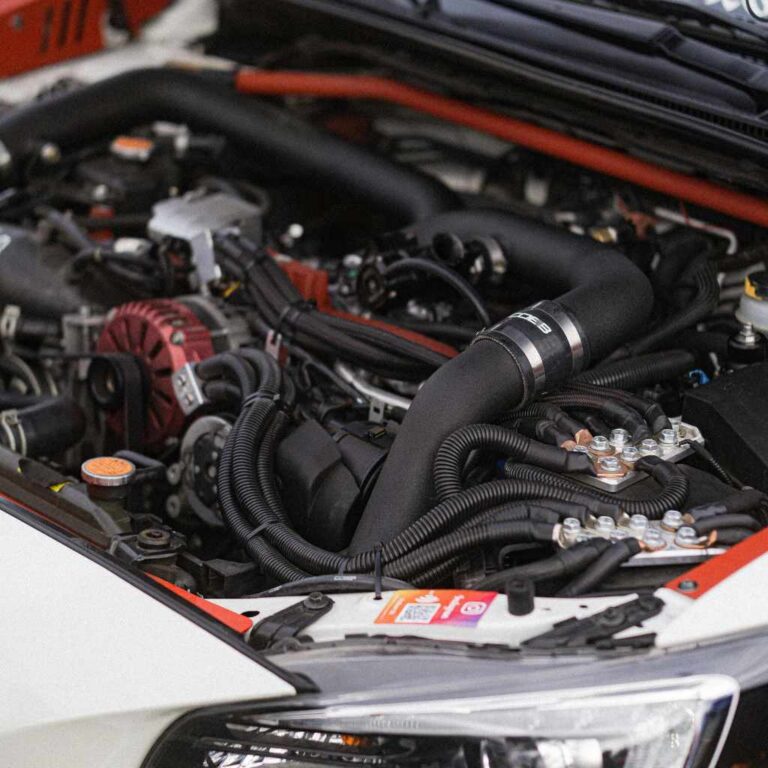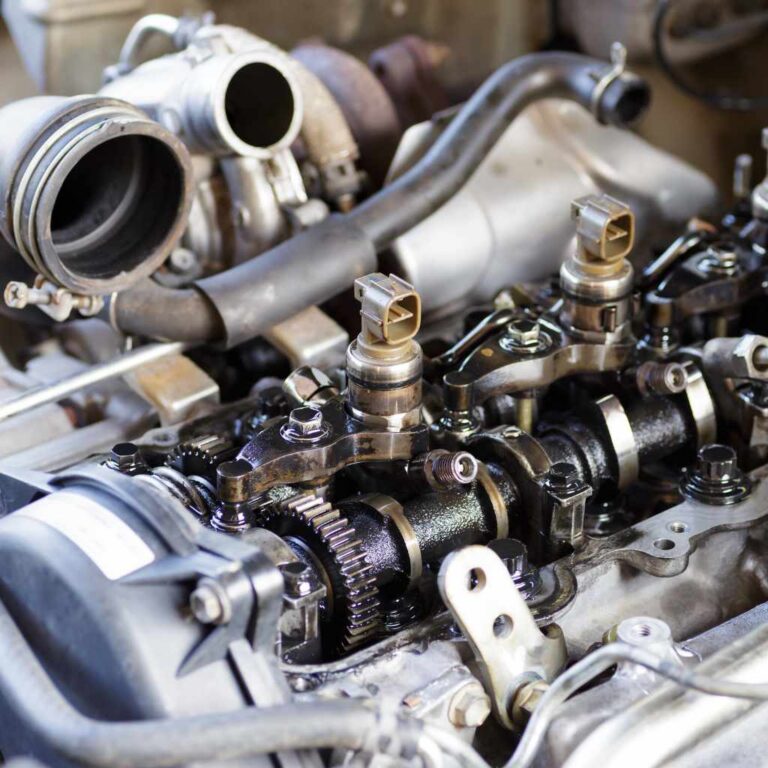Can You Return a Car to a Dealership? Uncover the Truth!
Yes, you can return a car to a dealership, but conditions apply. Most dealerships have specific return policies that vary by location and manufacturer.
Buying a car is a significant investment, and sometimes it doesn’t meet your expectations. Understanding the dealership’s return policy can save you stress and money. Many dealerships offer a return period, often ranging from a few days to a couple of weeks.
Some may allow returns under certain conditions, such as mileage limits or vehicle condition. Knowing your rights and options helps you navigate this process smoothly. Always read the fine print in your purchase agreement to ensure you understand the terms. This knowledge empowers you to make informed decisions if you need to return your vehicle.
Introduction To Car Returns
Returning a car to a dealership is possible under certain conditions. Understand the dealership’s return policy before making a decision. Some dealerships allow returns within a specific time frame. Others may charge fees or have strict guidelines.
Many people think they can return any car at any time. This is a common misconception. Most dealerships do not accept returns without proper reasons. Understanding the terms of the sale is crucial. Check if the vehicle has any damages or excessive mileage.
Always keep the original paperwork and any related documents. This will help in the return process. Knowing your rights can make a big difference. Each dealership may have different rules, so it’s best to ask questions.
Legal Rights And Car Returns
Consumer protection laws help buyers with car purchases. These laws vary by state.
In many states, buyers have certain rights. These rights often include the option to return a car.
| State | Return Policy |
|---|---|
| California | Allows returns within 2 days for certain purchases. |
| Florida | No specific return policy exists. |
| New York | Offers a 30-day return window for used cars. |
Check local laws for specific details. Always ask the dealership about their return policy.
Dealership Return Policies
Many dealerships offer standard return policies. These policies can differ by location and dealership. Customers usually have a specific timeframe to return the vehicle.
Some dealerships allow returns within three to seven days. Others may have a longer period. Always check the fine print of the contract.
Be aware of potential fees for returning a car. Some dealerships charge a restocking fee. Understanding these details helps avoid surprises.
Test drives or previous usage can impact the return process. Ensure that the vehicle is in good condition when returning. Always keep the original paperwork handy.
The Return Process
Returning a car to a dealership involves a few simple steps. First, check the dealership’s return policy. Make sure you are within the allowed return period. Next, gather all necessary documentation. This includes the title, registration, and any loan papers.
Inspect the car for any damages. Take photos to document its condition. Clean the vehicle before returning it. This shows responsibility and care.
| Required Documentation |
|---|
| Title |
| Registration |
| Loan Papers |
| Proof of Insurance |
Restocking Fees And Other Costs
Returning a car to a dealership may include various fees. Expect to pay a restocking fee. This fee can vary by dealership. Always ask for the exact amount.
Other costs may include documentation fees and cleaning fees. Some dealerships charge for repairs, too. It’s essential to review your sales contract for all potential fees.
Negotiating charges can reduce costs. Speak directly with the dealership’s manager. Explain your reasons for returning the car. A polite approach often helps in getting better terms.
| Fee Type | Typical Amount |
|---|---|
| Restocking Fee | $200 – $500 |
| Documentation Fee | $100 – $500 |
| Cleaning Fee | $50 – $150 |
Leased Vehicles And Returns
Returning a leased car can be different from other vehicles. Leases have specific rules. Each lease agreement outlines the return process clearly. Most leases require you to return the car to the dealership. You may need to schedule an appointment before returning.
Penalties for early lease termination can be significant. These penalties vary by dealership and lease terms. Common penalties include paying remaining lease payments. Some leases may also charge a fee for excessive wear and tear.
| Penalty Type | Description |
|---|---|
| Remaining Payments | Pay the total of unpaid monthly payments. |
| Early Termination Fee | Additional fee set by the dealership. |
| Wear and Tear Charges | Fees for any damage beyond normal use. |
Trade-ins As An Alternative
Trade-ins can help avoid return issues. They allow you to exchange your current car for another. This can save time and money. Dealerships often offer better trade-in values. A good trade-in value can offset return penalties.
Consider the trade-in value against any potential penalties. If the car’s value is high, penalties may not matter. Always get a fair assessment of your car’s worth. Dealerships may offer promotions for trade-ins. This can increase your car’s value further.
| Factor | Trade-In Value | Return Penalty |
|---|---|---|
| Market Demand | Higher | Lower |
| Vehicle Condition | Good condition = higher | Poor condition = higher |
| Time of Year | Seasonal demand affects | Less impact |
Real Stories Of Car Returns
Many people have shared positive experiences returning cars to dealerships. One couple returned their car due to unforeseen issues. The dealership handled the return smoothly, providing a full refund.
A single mother faced a tough choice. She found a better deal after buying her car. The dealership allowed her to exchange it for a new model without hassle.
| Lessons Learned | Tips for Success |
|---|---|
| Understand the return policy. | Keep all documents safe. |
| Be honest about issues. | Communicate clearly with staff. |
| Stay calm during the process. | Ask questions if unsure. |
Frequently Asked Questions
Can I Return A Car To The Dealership?
Yes, you can return a car to the dealership, but it depends on the dealership’s return policy. Many dealerships offer a return window, typically ranging from a few days to a week. Always check the specific terms and conditions before making a purchase.
What Are The Conditions For Returning A Car?
Conditions for returning a car usually include keeping it under a certain mileage limit and maintaining its original condition. Many dealerships require the car to be undamaged and with all original paperwork. Always read the fine print of the dealership’s return policy for specific details.
Is There A Return Fee For Car Returns?
Some dealerships may charge a return fee, while others do not. This fee can vary based on the dealership’s policy and the car’s condition. Always inquire about any potential fees before finalizing your purchase to avoid unexpected costs.
How Long Do I Have To Return A Car?
The return period for a car typically ranges from 3 to 7 days. However, this varies by dealership and their specific policies. It’s crucial to confirm the exact timeframe when you purchase the vehicle to ensure compliance.
Conclusion
Returning a car to a dealership can be complex. Understanding your options is crucial. Each dealership has different policies. Review your contract thoroughly. Keep in mind any potential fees. Always communicate openly with your dealer. Being informed can help you navigate this process smoothly.
Make the best decision for your situation.




